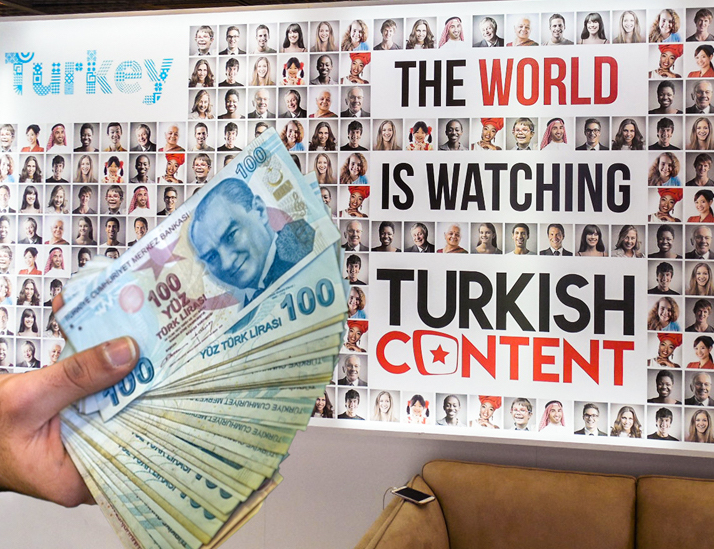Traditionally, Turkish TV exporters get paid in dollars, yet they now pay producers with devalued lira. Some analysts believe that this could represent a windfall for Turkish TV export companies. Not so, say Turkish TV content exporters, or at least not in the long run. With an unfavorable exchange rate, they say, Turkish TV advertisers cut their domestic budgets immediately, and the broadcasters stop commissioning and airing high-budget series. This causes the product quality to decrease and it becomes harder to sell these episodes on the international market.
This new problem is arising because of an early election. The decision on the part of Turkey’s president, Recep Tayyip Erdogan, to move the country’s national elections up a year early — to June 24, 2018 — may have proven a poor one, at least for the financial-currency exchange markets.
Last week, the country’s currency plummeted to 4.50 lire to the dollar (roughly a 20 percent drop so far this year) before the Central Bank intervened by increasing its primary lending rate from 13.5 percent to 16 percent.
While the country’s inflation rate is in the double digits (over 10 percent), Erdogan is against increasing interest rates, much to the dismay of his financial advisors and the Central Bank, so that he can maintain the appearance of fostering a high growth rate. His emphasis on economic growth for Turkey is, after all, essential to his election campaign.
Reportedly, the lira’s drop was due to statements made by Erdogan implying that he would take further control of monetary policy from the Central Bank upon his expected reelection.












Leave A Comment